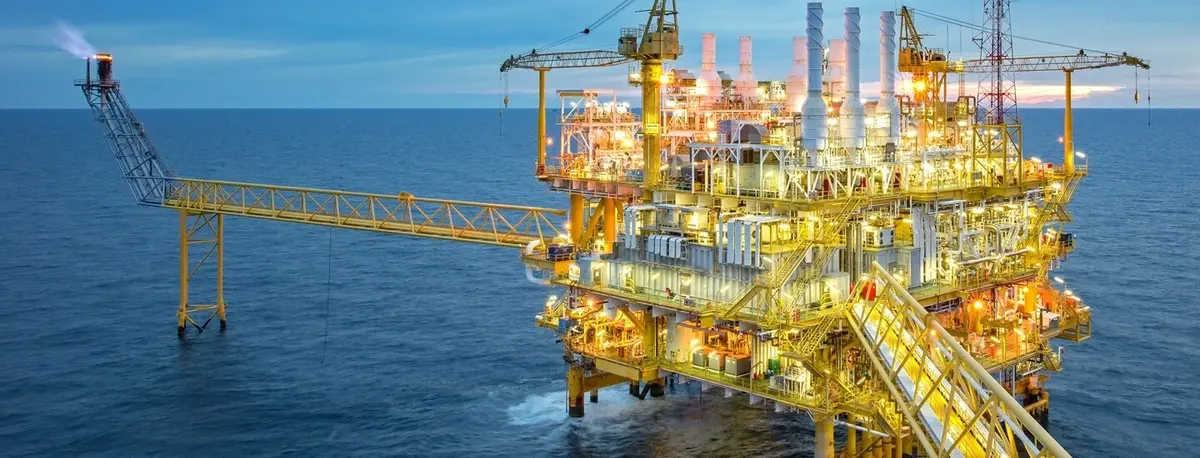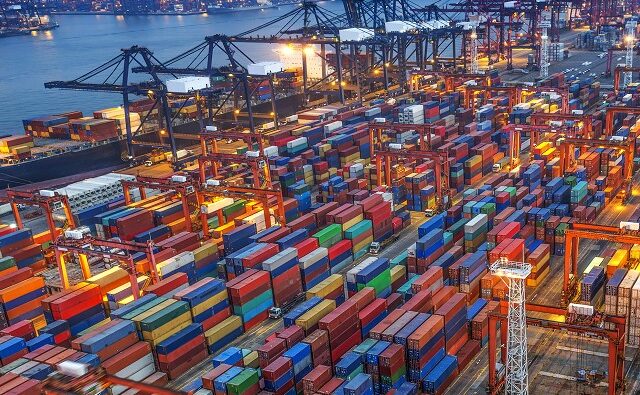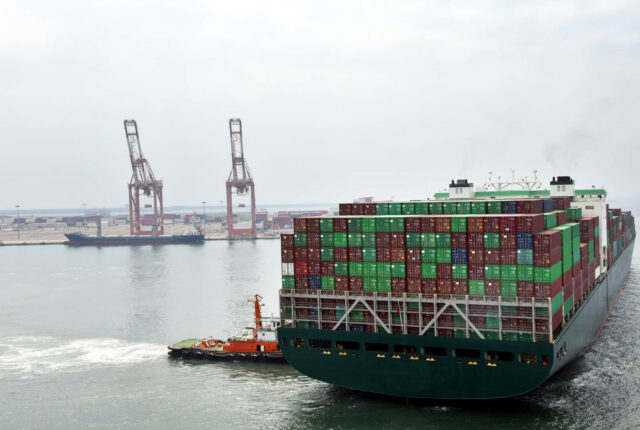
Liquid Gold: The Strategic Importance of Oil and Gas in Sea Freight
In the vast expanse of sea freight, one resource stands out as the lifeblood of the industry: oil and gas, often referred to as “liquid gold.” This article explores the historical perspective, economic impact, geopolitical considerations, technological advancements, environmental concerns, challenges, opportunities, future trends, regulatory framework, risk management, the role of innovation, and the consumer perspective regarding the strategic importance of oil and gas in sea freight.
Definition of Liquid Gold
In the world of sea freight, “liquid gold” refers to the critical role of oil and gas in powering the engines of maritime transport. It symbolizes the indispensable nature of these resources in keeping the wheels of global trade turning.
Overview of Oil and Gas in Sea Freight
The reliance on oil and gas in sea freight is a cornerstone of the industry, influencing every aspect from propulsion systems to logistics planning. This section delves into the key components that make oil and gas integral to maritime transportation.
Significance of Strategic Planning
Strategic planning is paramount in the sea freight industry, especially concerning oil and gas. Navigating through the complexities of global trade requires foresight, adaptability, and a keen understanding of the role liquid gold plays in shaping the industry’s future.
Historical Perspective
Evolution of Oil and Gas in Sea Freight
Examining the historical evolution of oil and gas in sea freight provides insights into how these resources have transformed the industry. From the early days of steam-powered ships to the current era of sophisticated tankers, the journey of liquid gold is a fascinating narrative.
Key Milestones and Innovations
Key milestones and innovations have marked the progress of oil and gas in sea freight. Advancements in propulsion technologies, storage solutions, and safety measures have significantly contributed to the efficiency and reliability of transporting liquid gold across the oceans.
Economic Impact
Contribution to Global Economy
The economic impact of oil and gas in sea freight extends far beyond the maritime industry. It plays a pivotal role in driving global commerce, supporting industries, and contributing significantly to the gross domestic product of nations.
Job Creation and Economic Growth
The interplay between oil and gas in sea freight and job creation is a crucial aspect. The industry not only provides direct employment but also stimulates economic growth through related sectors such as manufacturing, logistics, and services.
Technological Advancements
Innovations in Sea Freight Technology
Advancements in sea freight technology have revolutionized the transportation of liquid gold. From more fuel-efficient vessels to advanced navigation systems, Technology continues to play a pivotal role in enhancing the safety and efficiency of oil and gas transportation.
Impact on Oil and Gas Transportation
The impact of technology on oil and gas transportation extends beyond efficiency. Innovations such as real-time tracking, predictive maintenance, and automation contribute to safer operations, reduced environmental impact, and overall resilience in the face of challenges.
Sustainable Practices in the Industry
Addressing environmental concerns requires a commitment to sustainable practices. From the adoption of cleaner fuels to the development of eco-friendly vessels/technologies, the industry is actively exploring avenues to minimize its ecological footprint.
Challenges and Opportunities
Risks Associated with Oil and Gas Transportation
Navigating the high seas with liquid gold presents inherent risks. From the threat of spills to geopolitical tensions affecting shipping routes, understanding and mitigating these risks are crucial for the sustained growth of the industry.
Potential for Growth and Diversification
Amid challenges lie opportunities for growth and diversification. Exploring new markets, embracing innovative technologies, and adapting to changing global dynamics can position the industry to capitalize on emerging trends and secure its future.
Future Trends
Emerging Technologies in Sea Freight
The future of oil and gas in sea freight is shaped by emerging technologies. From alternative fuels to autonomous vessels, staying abreast of these innovations is key to remaining competitive in an ever-evolving industry.
Anticipated Changes in the Industry
Anticipating changes in the industry landscape is essential for stakeholders. Factors such as shifts in consumer preferences, regulatory developments, and global economic trends will influence the trajectory of oil and gas in sea freight.
Regulatory Framework
International Regulations in Oil and Gas Transportation
The transportation of liquid gold is subject to a complex web of international regulations. Understanding and complying with these regulations are imperative for ensuring the safety, security, and sustainability of oil and gas transportation.
Compliance and Enforcement
The effectiveness of the regulatory framework relies on robust compliance and enforcement mechanisms. Collaborative efforts between governments, industry bodies, and stakeholders are essential to uphold the standards that govern oil and gas in sea freight.
Risk Management
Strategies for Mitigating Risks
Proactive risk management is a cornerstone of the sea freight industry. Implementing strategies to identify, assess, and mitigate risks associated with oil and gas transportation is vital for ensuring the safety and success of maritime operations.
Importance of Contingency Planning
Contingency planning is crucial for addressing unforeseen events. From natural disasters to geopolitical crises, having well-defined contingency plans ensures a swift and coordinated response, minimizing the impact of disruptions in oil and gas transportation.
Consumer Perspective
Influence of Oil and Gas Prices on Consumers
The strategic importance of the liquid gold in sea freight directly impacts consumers. Fluctuations in oil prices can influence the cost of goods and services, affecting consumer choices and spending patterns.
Consumer Awareness and Choices
Increasing consumer awareness of the environmental impact of oil and gas in sea freight is shaping purchasing decisions. The industry’s responsiveness to sustainability concerns can influence consumer preferences and loyalty.
In conclusion, the strategic importance of oil and gas in sea freight is a dynamic force that has shaped the industry’s past and will continue to mold its future. From historical milestones to future trends, liquid gold remains a critical component of global trade and economic development.
As the sea freight industry navigates new challenges and opportunities, the role of oil and gas will evolve. Embracing sustainable practices, leveraging emerging technologies, and fostering collaboration will be key to ensuring a resilient and prosperous future for the industry.
Frequently Asked Questions (FAQs)
How does the sea freight industry contribute to the global economy? The sea freight industry contributes significantly to the global economy by facilitating international trade and supporting various related sectors, ultimately driving economic growth.
What are the environmental concerns associated with oil and gas in sea freight? Environmental concerns include the ecological impact of oil spills, emissions, and other challenges. The industry is actively exploring sustainable practices to address these concerns.
How can the sea freight industry mitigate risks associated with oil and gas transportation? Proactive risk management strategies, such as identifying and assessing risks, implementing contingency plans, and complying with international regulations, are crucial for mitigating risks.






